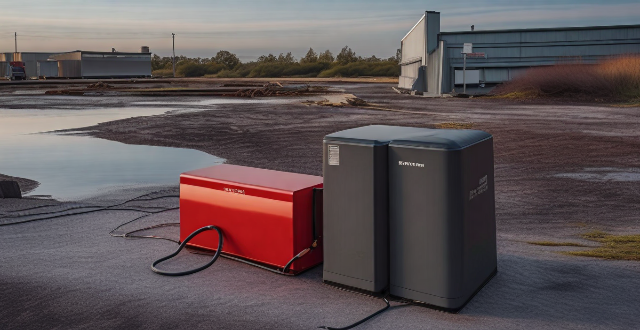Lithium iron phosphate batteries are a popular choice for power batteries due to their longer lifespan, higher safety, environmental friendliness, and lower cost compared to other types of lithium-ion batteries. However, they also have some disadvantages such as lower energy density, slower charging speed, temperature sensitivity, and limited availability. Despite these drawbacks, lithium iron phosphate batteries remain a reliable and efficient option for many applications.

Advantages of Using Lithium Iron Phosphate Batteries as Power Batteries
- Longer Lifespan: Lithium iron phosphate batteries have a longer lifespan compared to other types of lithium-ion batteries. This is because they are more resistant to degradation over time, which means they can be used for a longer period before needing replacement.
- Higher Safety: Lithium iron phosphate batteries are considered safer than other types of lithium-ion batteries. This is because they are less likely to catch fire or explode in the event of a malfunction.
- Environmentally Friendly: Lithium iron phosphate batteries are more environmentally friendly than other types of lithium-ion batteries. This is because they do not contain harmful chemicals such as cobalt, which can be toxic and difficult to dispose of safely.
- Lower Cost: Lithium iron phosphate batteries are generally less expensive than other types of lithium-ion batteries. This is because they do not require the use of expensive materials such as cobalt.
Disadvantages of Using Lithium Iron Phosphate Batteries as Power Batteries
- Lower Energy Density: Lithium iron phosphate batteries have a lower energy density compared to other types of lithium-ion batteries. This means that they cannot store as much energy in the same amount of space, which can limit their range and performance.
- Slower Charging Speed: Lithium iron phosphate batteries typically charge slower than other types of lithium-ion batteries. This can be a disadvantage for applications where rapid charging is required.
- Temperature Sensitivity: Lithium iron phosphate batteries are more sensitive to temperature changes than other types of lithium-ion batteries. This can affect their performance and lifespan if they are exposed to extreme temperatures.
- Limited Availability: Lithium iron phosphate batteries are not as widely available as other types of lithium-ion batteries. This can make it more difficult to find replacements or repair parts if needed.